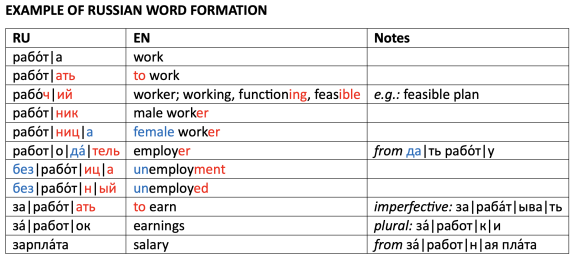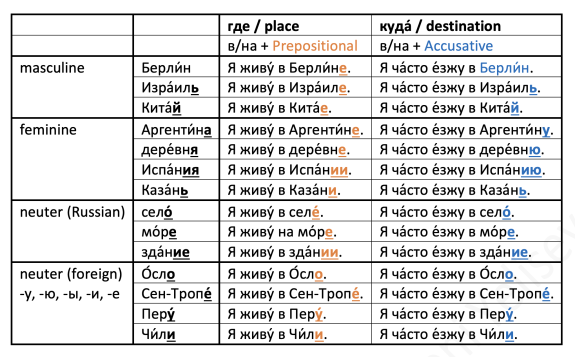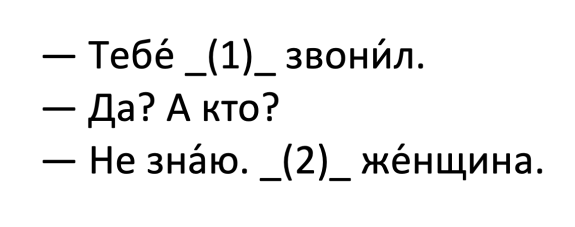ВЫРАЖЕНИЯ С ГЛАГОЛОМ «ПОДАВА́ТЬ/ПОДА́ТЬ»
подава́ть приме́р (кому-то) – give/set an example:
Роди́тели и учителя́ должны́ подава́ть де́тям положи́тельный приме́р.
подава́ть го́лос – to give a voice:
Анна о́чень ро́бкая, но иногда́, когда́ что-то ей о́чень си́льно не нра́вится, она́ всё-таки подаёт го́лос.
подава́ть при́знаки жи́зни – to give signs of life:
Да́же е́сли челове́к не подаёт при́знаков жизни, име́ет смысл вы́звать ско́рую по́мощь.
не подава́ть ви́ду:
Анто́н не подава́л ви́ду, что зна́ет, что Ната́лья ему́ врёт. = Анто́н не пока́зывал, что зна́ет, что Ната́лья ему́ врёт.
подава́ть зая́вку (на уча́стие в ко́нкурсе) – to make an application:
Андре́й по́да́л зая́вку на уча́стие в фестива́ле компози́торов. Ему́ должны́ отве́тить в тече́ние двух неде́ль.
подава́ть за́втрак/обе́д/десе́рт – to give breakfast/lunch/dessert:
В э́той гости́нице за́втрак подаю́т в 09:00, обе́д – в 14:00, у́жин – в 18:00.




